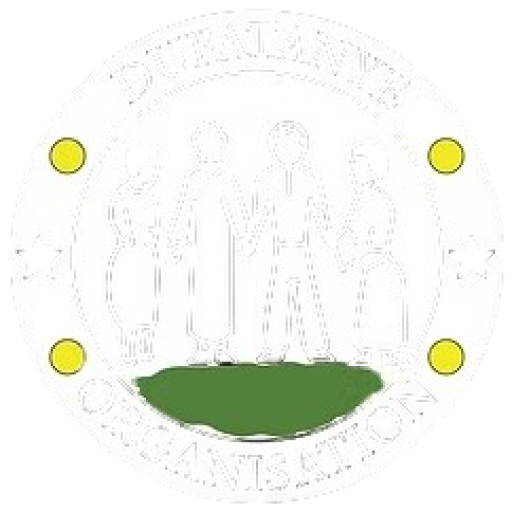The One Chicken Per Child Initiative is a transformative program designed to address malnutrition, poverty, and environmental sustainability while instilling values of responsibility, leadership, and community collaboration in children. This initiative provides every child in the community with one hen and one tree, offering both immediate and long-term benefits for their health, education, and personal development.
Vision
To empower children with a sense of responsibility nurturing them to become leaders of tomorrow and protect the environment.
Mission
To combat malnutrition and poverty while fostering relationships among households and children through the exchange of chicks.
Core Objectives and Benefits
- Combating Malnutrition
Hens provided through the initiative serve as a consistent source of nutritious eggs, rich in protein, vitamins, and minerals essential for a child’s growth and development. These eggs contribute to healthier diets, improving the overall well-being of children and their families.
- Promoting Responsibility and Leadership
By entrusting children with the care of a hen, the initiative teaches valuable life skills such as responsibility, empathy, and commitment. Caring for the hen, ensuring its well-being, and collecting eggs help children develop a sense of accountability and ownership, laying the foundation for strong leadership skills.
- Fostering Community Connections
The initiative encourages the exchange of chicks among households, creating opportunities for families to bond, collaborate, and share resources. This system of exchange promotes unity and mutual support, strengthening social ties within the community.
- Reducing Poverty and Supporting Income Generation
Surplus eggs can be sold locally, providing families with an additional source of income. This income can be used to cover school fees, purchase supplies, or invest in other household needs, contributing to financial resilience.
- Environmental Sustainability
Hens play an essential role in sustainable farming practices. They help reduce food waste by consuming kitchen scraps and produce organic manure, which enhances soil fertility and supports vegetable gardens. Additionally, the integration of trees into the farming system contributes further to environmental sustainability. Trees improve soil health, prevent erosion, and provide shade for poultry, creating a more balanced and resilient ecosystem. They also act as carbon sinks, reducing greenhouse gases and promoting biodiversity. The combined benefits of hens and trees foster a healthier, more sustainable farming environment, supporting both agricultural productivity and environmental conservation.
- Educational Value
The initiative also serves as a platform for teaching children and families about basic animal husbandry, agricultural practices, and environmental conservation. These lessons provide practical knowledge that can be applied beyond the program.
Long-term Impact
The One Chicken Per Child Initiative creates a ripple effect of positive outcomes. It improves household food security, reduces malnutrition, and alleviates poverty while instilling critical values and skills in children. Over time, the initiative helps build self-reliant, environmentally conscious communities capable of addressing their own challenges and pursuing sustainable growth.
Through this program, we are not just giving a child a chicken we are investing in their future, empowering them with the tools to thrive, and strengthening the bonds that unite our communities. Together, we are building healthier, more prosperous, and more sustainable futures, one child and one hen, one tree at a time.
